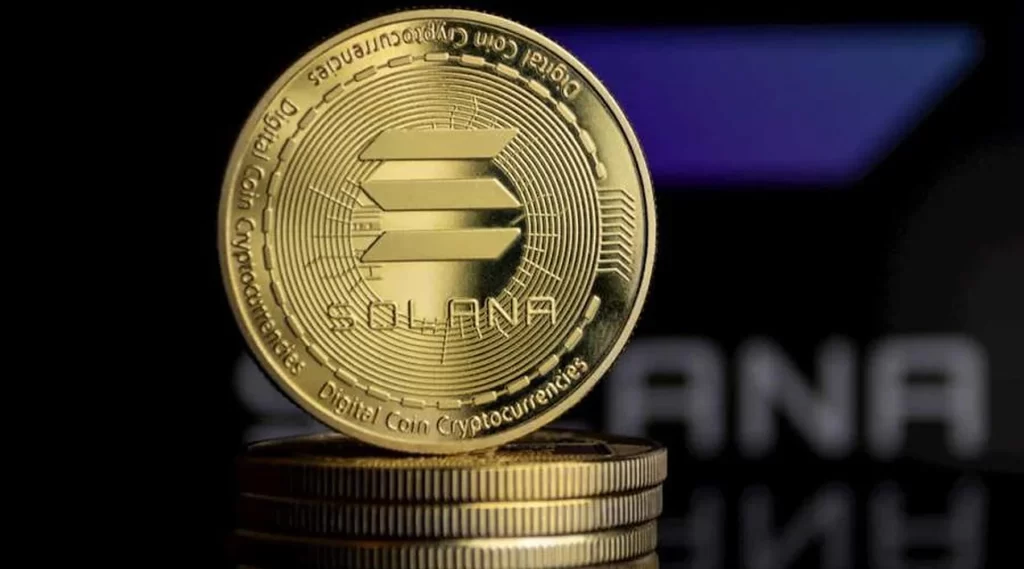Jesse Powell, the co-founder of Kraken, announced on X that he has donated $1 million, primarily in Ether, to Donald Trump’s 2024 presidential campaign.
Powell expressed his support for Trump, highlighting him as the sole major party candidate advocating for pro-crypto policies.
“I am excited to join other leaders from our community to unite behind the only pro-crypto major party candidate in the 2024 Presidential election so the United States can continue to remain a leader in blockchain technology.”
In his post, Powell criticized President Joe Biden’s regulatory approach to the crypto industry and accused officials such as Senator Elizabeth Warren and SEC Chair Gary Gensler of reducing the United States’ competitiveness.
“For too long, the crypto industry has been under attack by Elizabeth Warren, Gary Gensler, and others.”
Rudy De La Cruz, general and strategic partner at BasedVC, shared with Cointelegraph that there is “an air of optimism” in the crypto industry.
“According to a Grayscale survey, this is an issue of concern among Americans, though voters are split. […] Organizations and wealthy crypto entrepreneurs supporting candidates who are friendly to the crypto industry is not that surprising.”
Powell believes Trump’s candidacy in the 2024 presidential election presents an opportunity for the U.S. to lead in blockchain technology.
His post, featuring a photo of Powell and Trump, reinforced this alliance and included the hashtag #freeross, referencing Ross Ulbricht.
Ulbricht was sentenced to life in prison without parole plus 40 years in 2015 for operating the online black market Silk Road, which facilitated anonymous transactions.
On June 20, U.S. presidential candidate Robert F. Kennedy Jr. tweeted that he would free Ulbricht if elected in November.
“Ross Ulbricht has been in prison far too long. Two life sentences for hosting an e-commerce platform. Yes, illegal activity took place there, but come on.”
RFK Jr. also mentioned that he would sign a petition for Ulbricht’s release and encouraged others to do the same.
To submit a crypto press release (PR), send an email to sales@cryptointelligence.co.uk.









